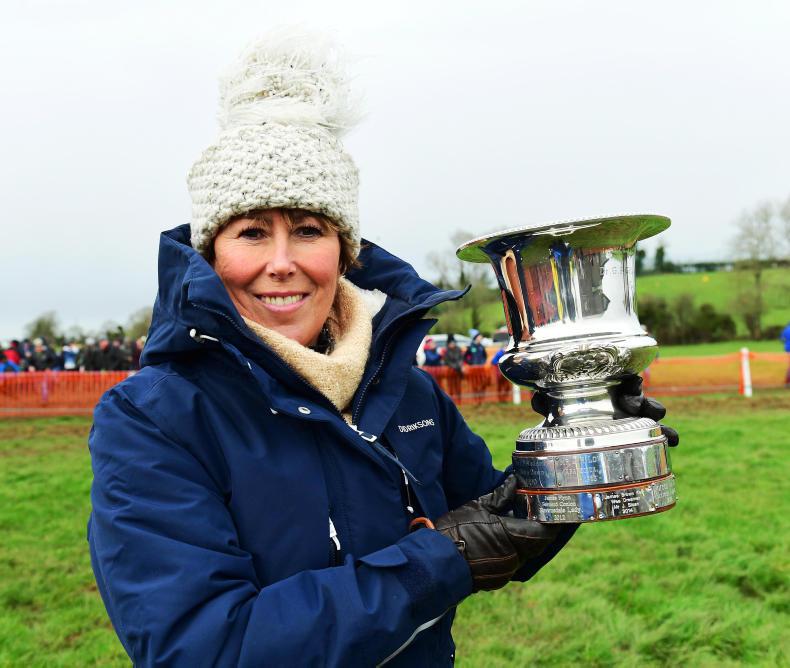FRUSTRATIONS are mounting among several trainers on the island of Ireland over being denied access to run in low-grade flat handicaps in Britain, with the policy particularly grating for handlers based in Northern Ireland.
This content is copyright protected!
However, if you would like to share the information in this article, you may use the headline, summary and link below:
Title: NEWS: Frustration over end-of-year ban on low-grade Irish runners in Britain
The British Horseracing Authority says the policy "remains under constant review to ensure that it is delivering the best outcomes for the sport"
https://www.theirishfield.ie/news-frustration-over-end-of-year-ban-on-low-grade-irish-runners-in-britain-837169



 This is a subscriber-only article
This is a subscriber-only article
 It looks like you're browsing in private mode
It looks like you're browsing in private mode









SHARING OPTIONS: